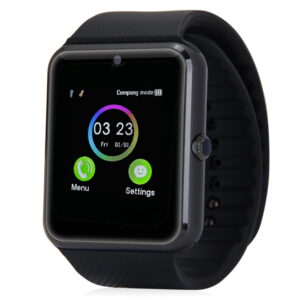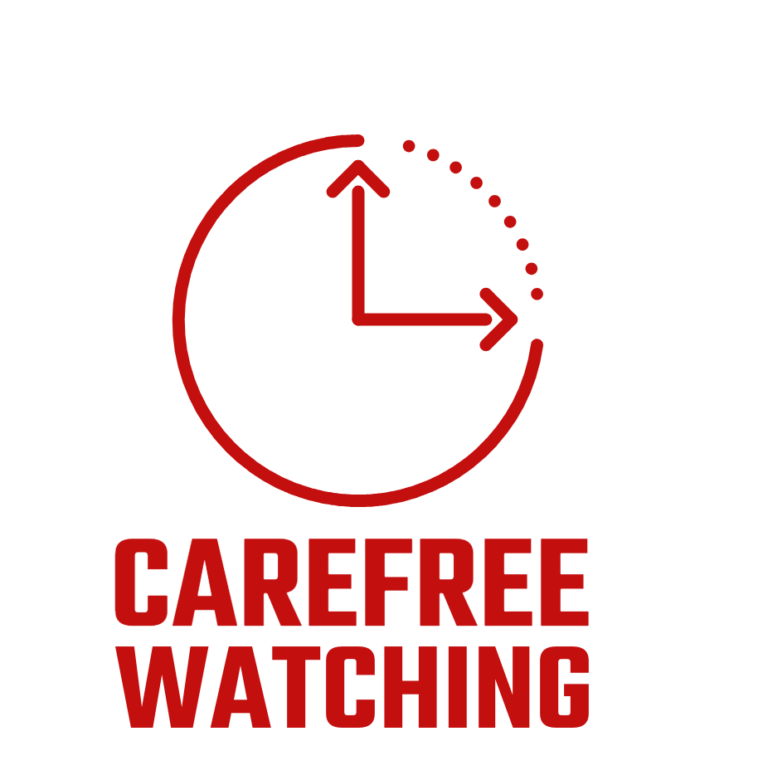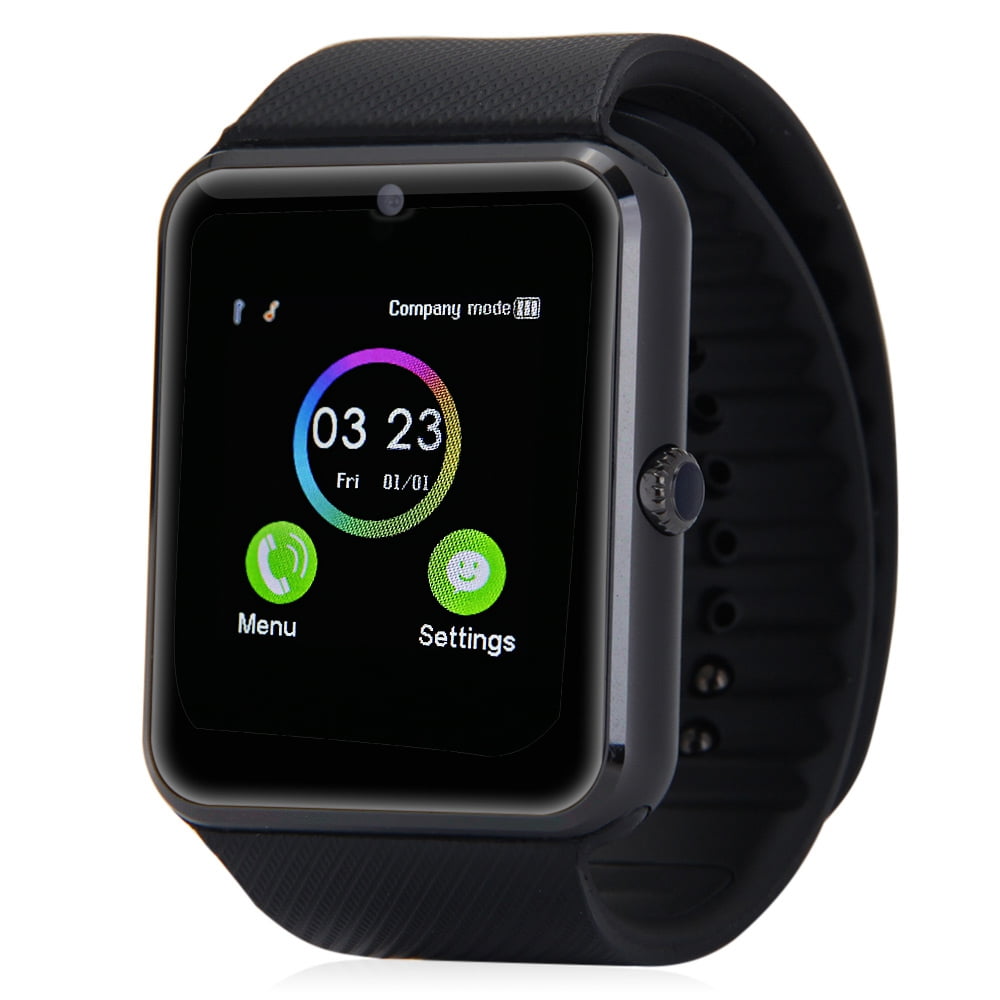One oft-heard cliché about watches today is this : “No-one needs a watch,” and the subtext: “Especially not a really expensive watch with all kinds of complications on it. We have our phones.”
I’ve heard various iterations of this trope often enough, sometimes even uttered by CEOs and other executives from luxury brands. It sounds a bit like a flight forward, away from the perceived threat of connected watches (spooky music)… And it is…
At issue is that curious plastic rectangles that many people now strap onto their arms. I do not want to disparage these objects of desire, believe me. But they seem to be a kind of ankle bracelet that keeps the wearer captive in a digital Brave New <<<<<<<<world worrying about their physical and social-media health. Some buy one for their day to day life … and have a nice wristwatch or two at home for days with the savages.

For my part, I was inoculated early, before I even had a special interest in watches. Each time I see one of those connected watches or hear people talk about them with a serious face, my brain flashes me a memory of a brief and fateful encounter I once had, long ago. Three minutes, no more, that I never forgot.
January 1985. I received a commission for an article in Vogue’s World of Interiors. My first. The editor back then was Min Hogg, and, as I would discover, she had an eye for unusual stories. My brief was to write about a Prince of the Holy Roman Empire, a composer, and professor of music at the Naples Conservatory: Francesco D’Avalos (1930-2014).
It was not his music that interested Min as much as his magnificent palazzo in Naples, which he was restoring all by his own self, because he just didn’t want the government getting involved in this magnificent building and rummaging around the papers of his ancestors, which involved very private epistolary exchanges with European leaders, kings and queens, through the ages. My qualifications were: love of classical music, a deep interest in history, and even, in a pinch, a working knowledge of Italian, which turned out to be of no use with His Highness… We spoke French.

Back to the watches
At the time, I was working as a classical announcer at WFCR in Amherst, Massachusetts, an NPR station, doing a daily early morning show from 5:00 to 7:00. It was winter, so classes and my TA job at U-Mass were paused (I was studying Communication) . I prerecorded my morning shows and took a week off to do this story. Very excited and somewhat nervous, I took a bus to the Boston airport , but just before boarding , I realized that I didn’t have an alarm clock. And my Seiko wristwatch, which had an alarm on it, had long been packed away somewhere. The last thing I wanted was to come late to an appointment with a Prince of the HRE. So, I bought the cheapest thing I could find at the airport, a small (about 70mm x 50 mm) rectangular digital alarm clock with a hinged black cover.
Subscribe to our newsletter
 Please wait...
Please wait...On the road
In Naples, I phoned the Prince, and we made an appointment for the next afternoon. After a simple meal and a decent night sleep (you wake up early due to the eastward jet lag), I took the opportunity to walk along Naples’s endless seafront, not the actual port. It was deserted. The weather was warm compared to Massachusetts, the wafting smells from the Mediterranean brought back Italian memories of childhood.
Suddenly, my reverie was interrupted by a man addressing me with a friendly bongiorno! He was wearing a long brown raincoat, brown nondescript shoes. He was around forty years old, with a friendly face topped by a flat cap. I answered politely bongiorno!.
He asked me where I came from, I responded “dagli Stati Uniti, di Massachusetts…” He then opened his coat the way a flasher might, stood there like an open closet. He was fully clothed, of course. But the inside of his coat was neatly lined with watches. The sight was striking, and comical, like a cliché from a movie, only it was real…
I neither wanted a watch, nor did I have the money for one, nor did I think any of these things were genuine Rolexes, or whatever brand. They all had gold bands, if I recall. But he was very friendly, so I pulled my alarm clock out of my pocket and said “Grazie, ma ho già un orlogio!” I flipped it open and showed the digital window…
He looked at me, his face became serious, revulsion flashed in his eyes. He waved dismissively, nay, disparagingly, at my black rectangle, and said with a tone that Verdi might have set to music: “Questo non è un orologio,” he paused dramatically. “E un televisore.” I felt diminished, corrected by a master who had just cut me down to size, a master with a coat full of fakes, yes, but one who knew fake from real.
I laughed, he laughed, I told him I had no money for a watch, begged forgiveness for being a poor American. We shook hands and went our own way.
The rest of the trip, the part with the Prince, was fascinating in many ways. But that story is for another time.


